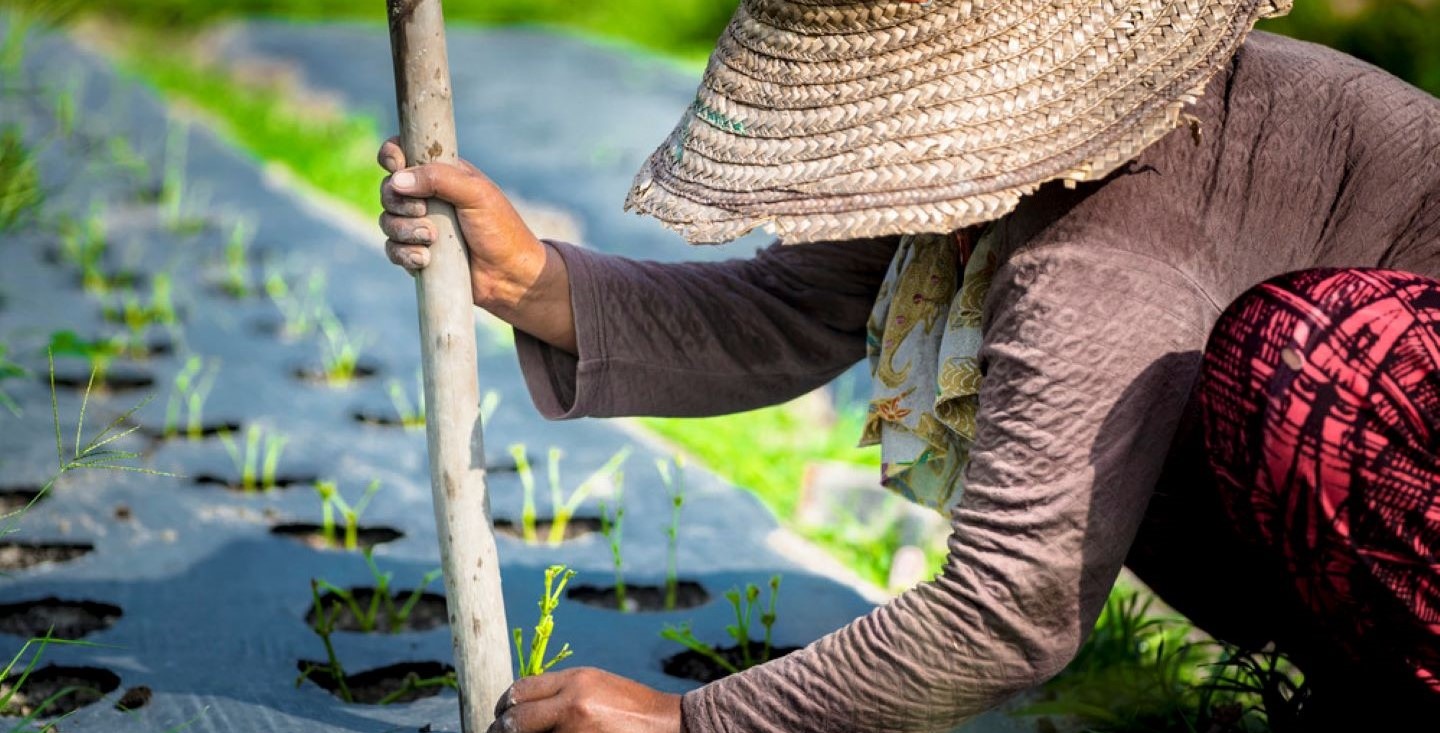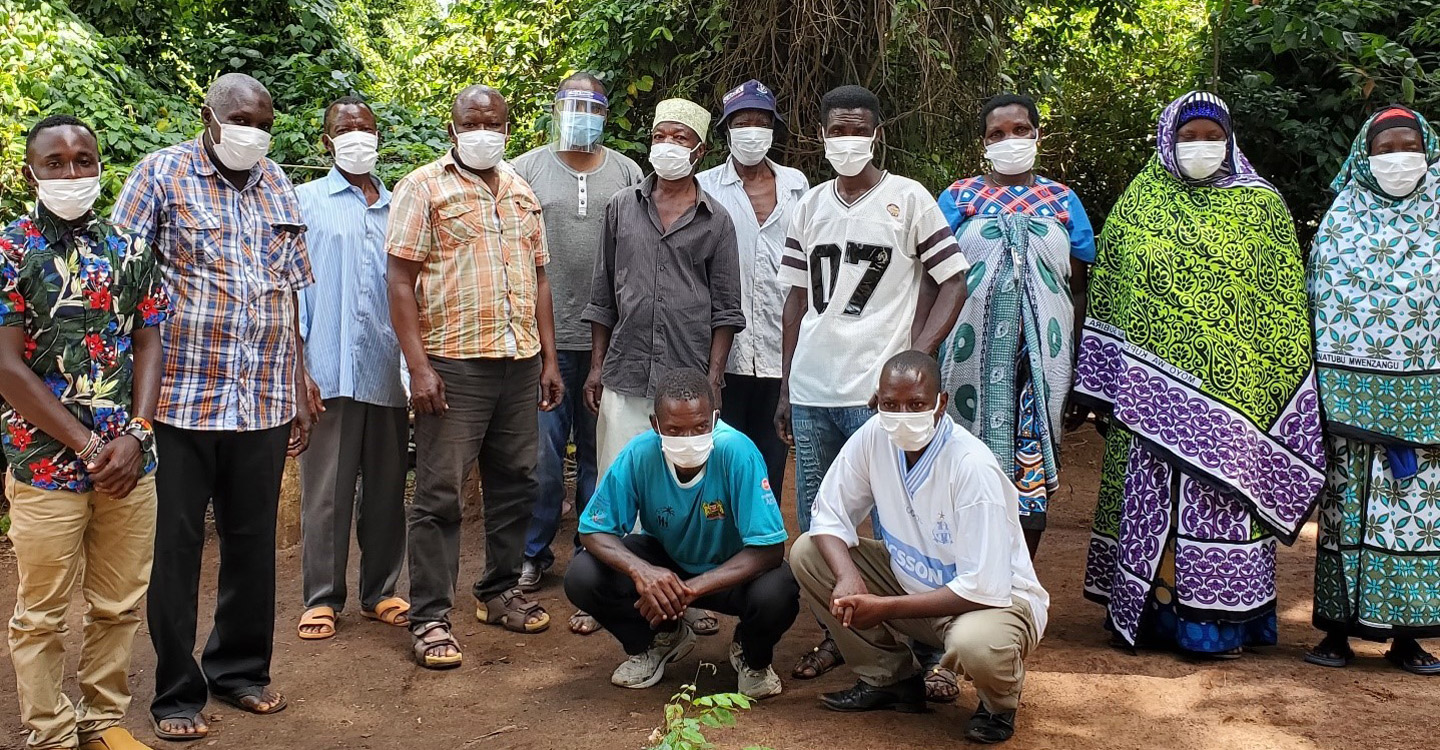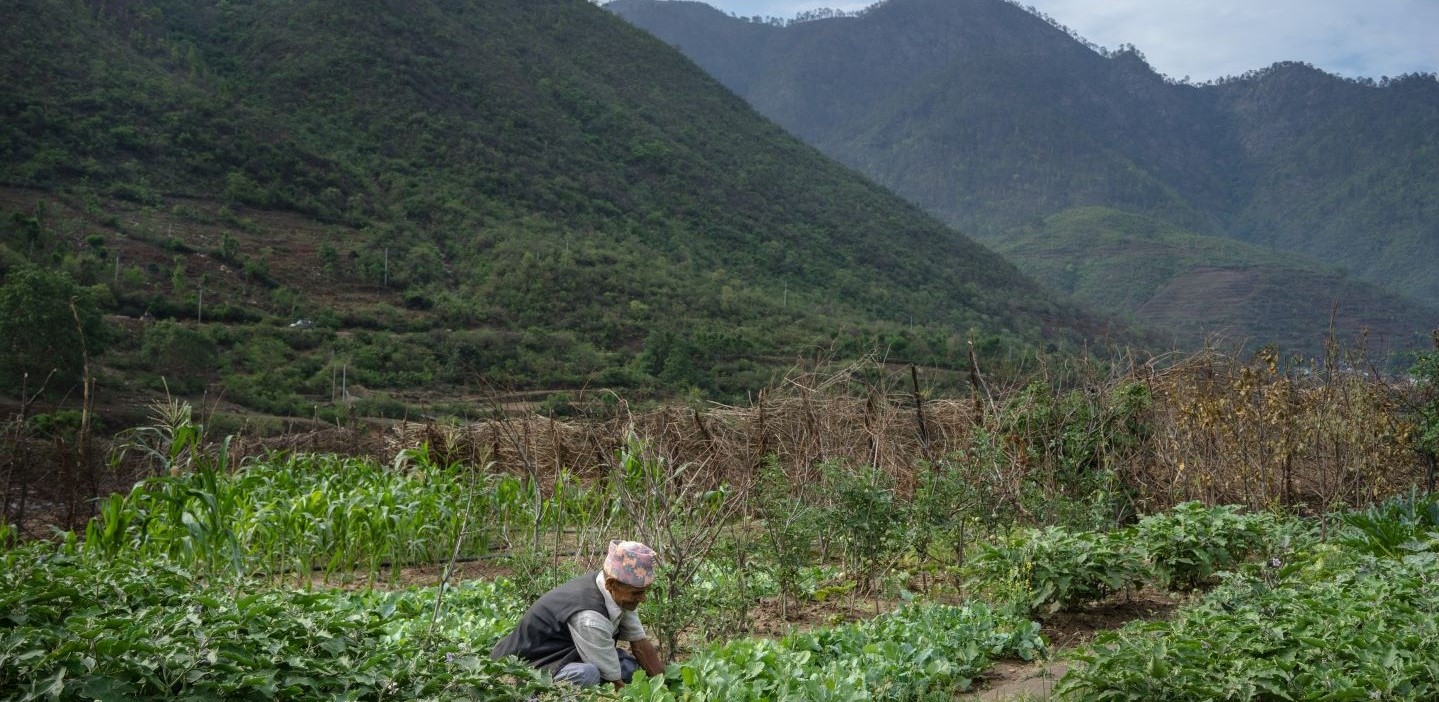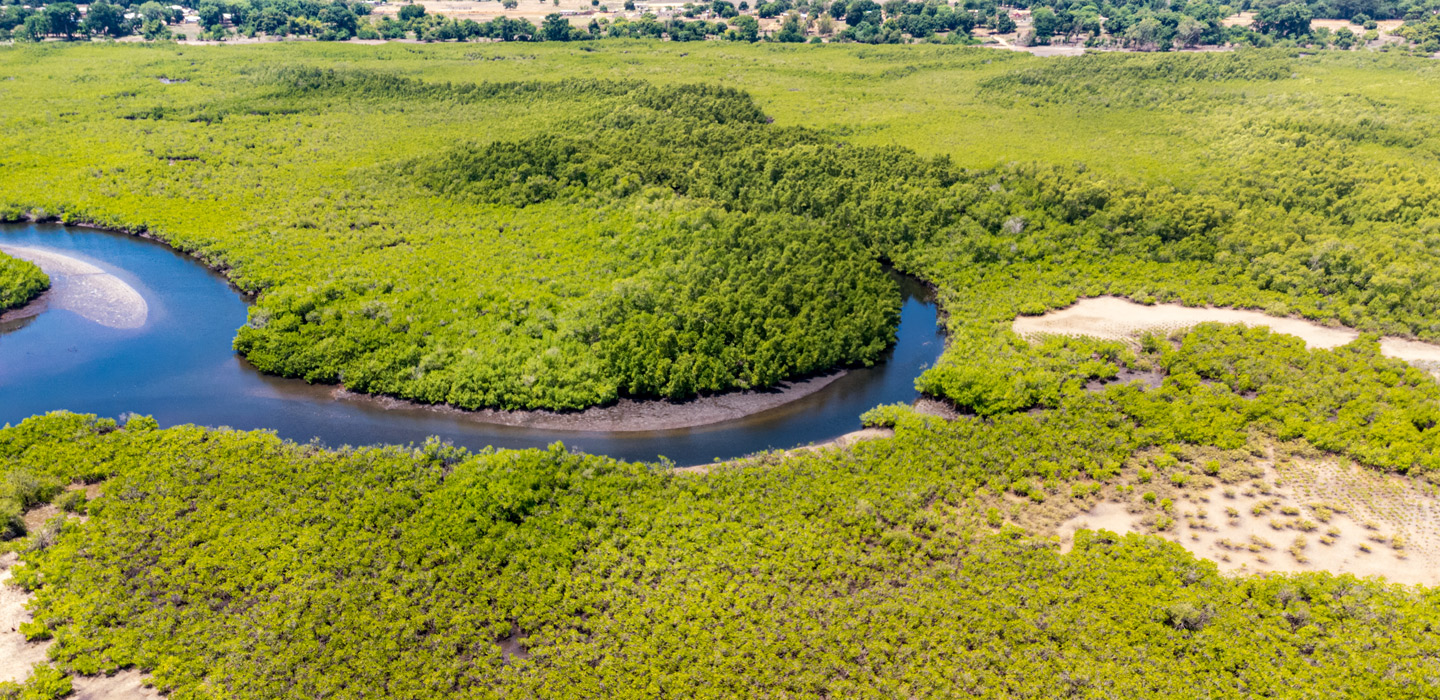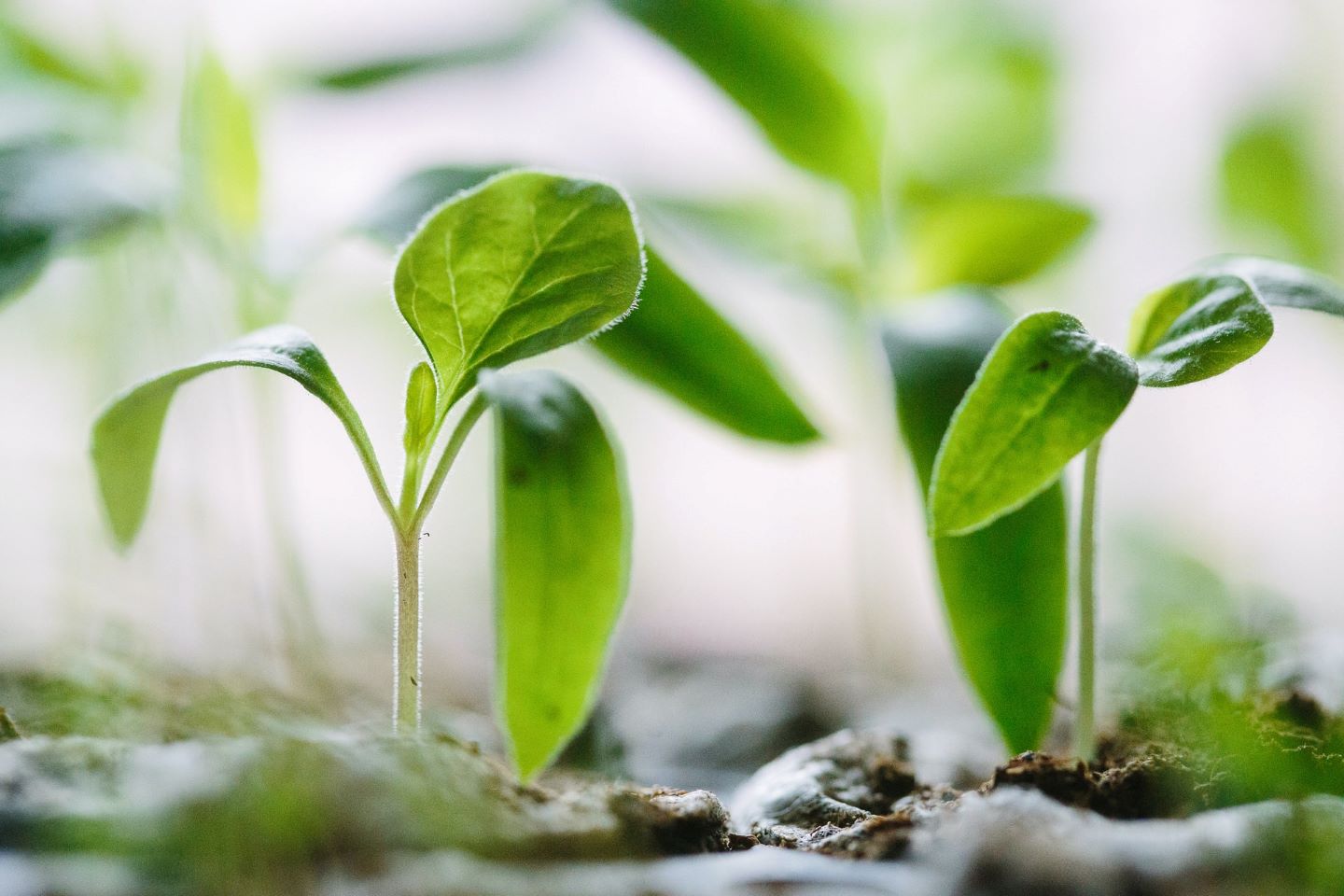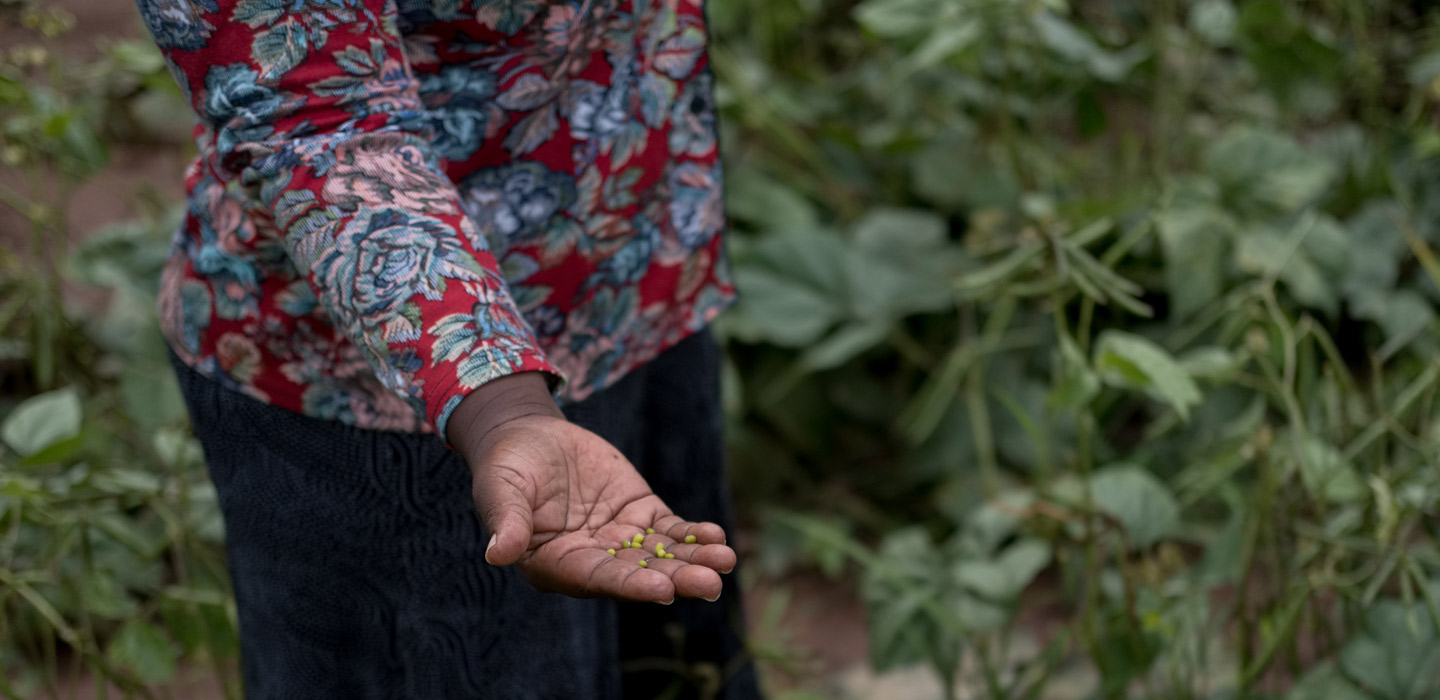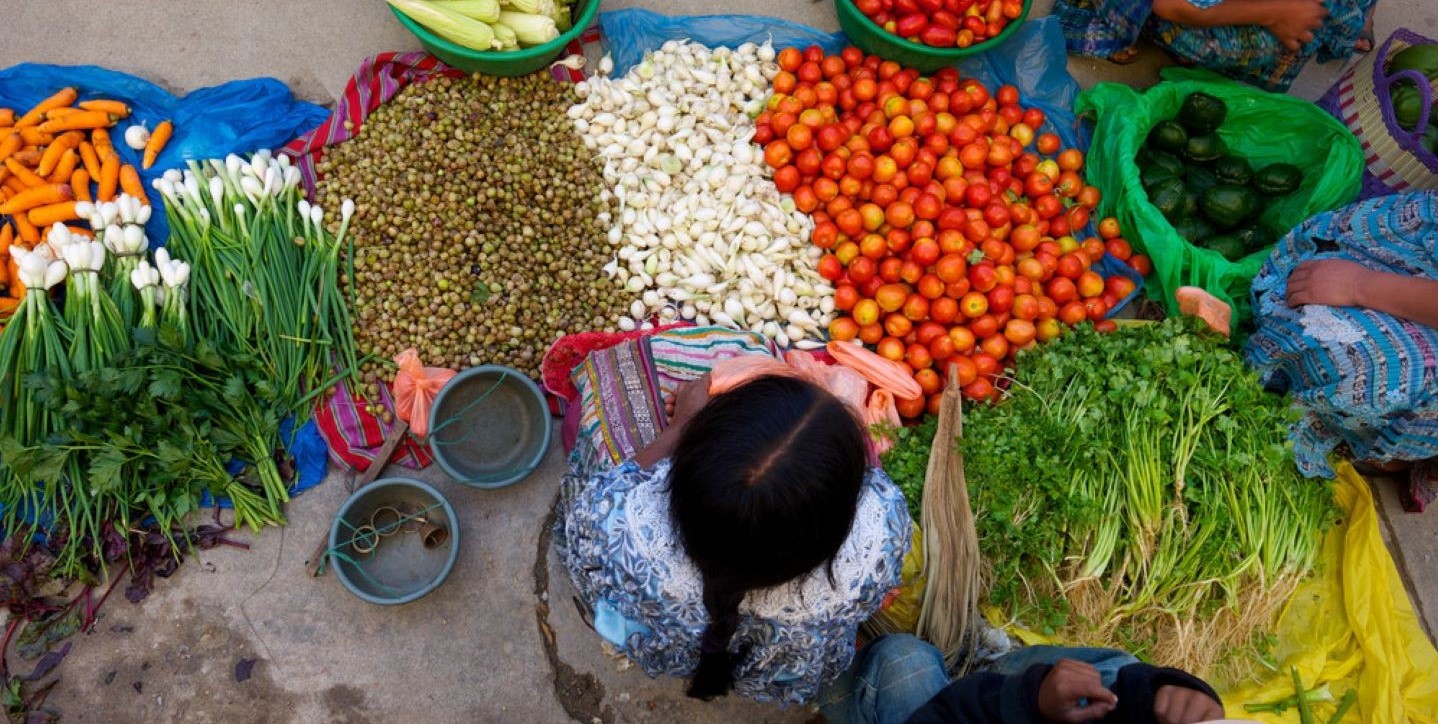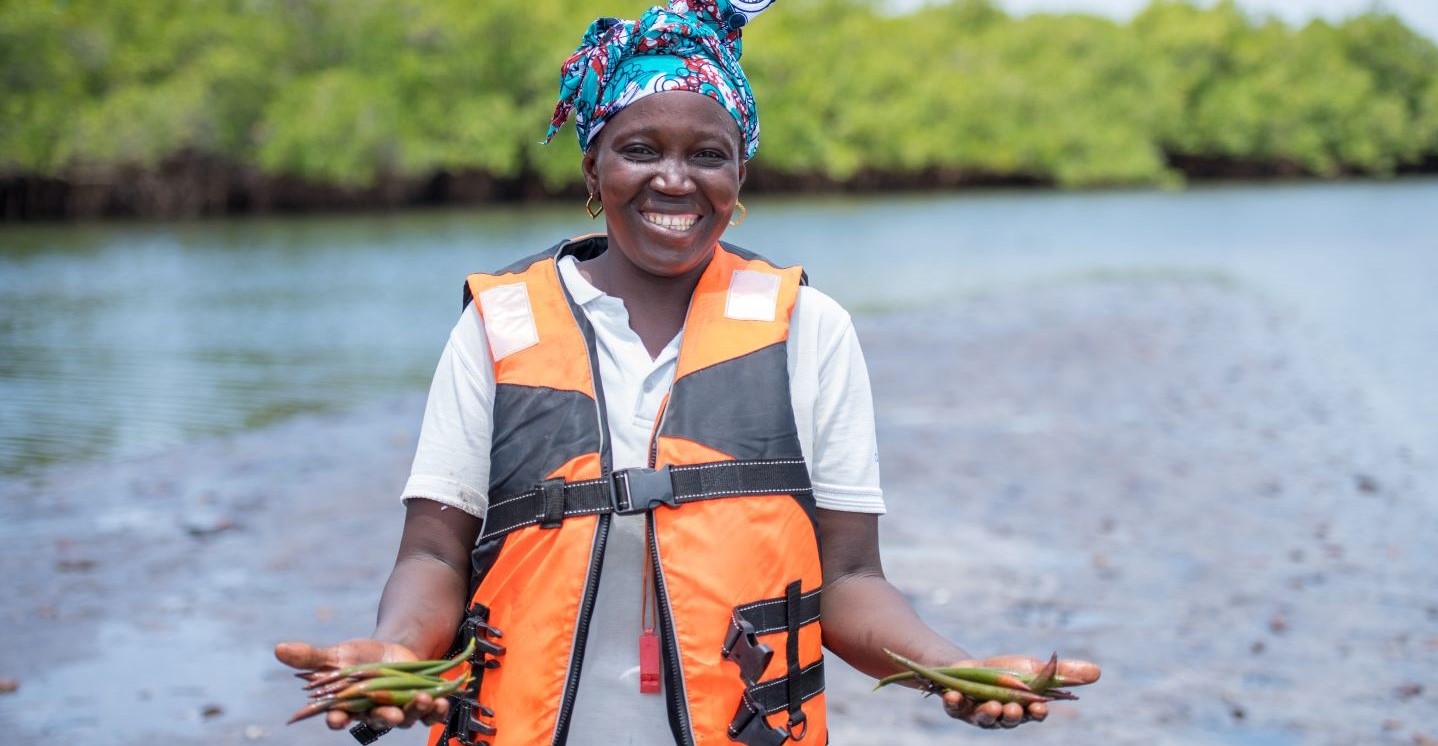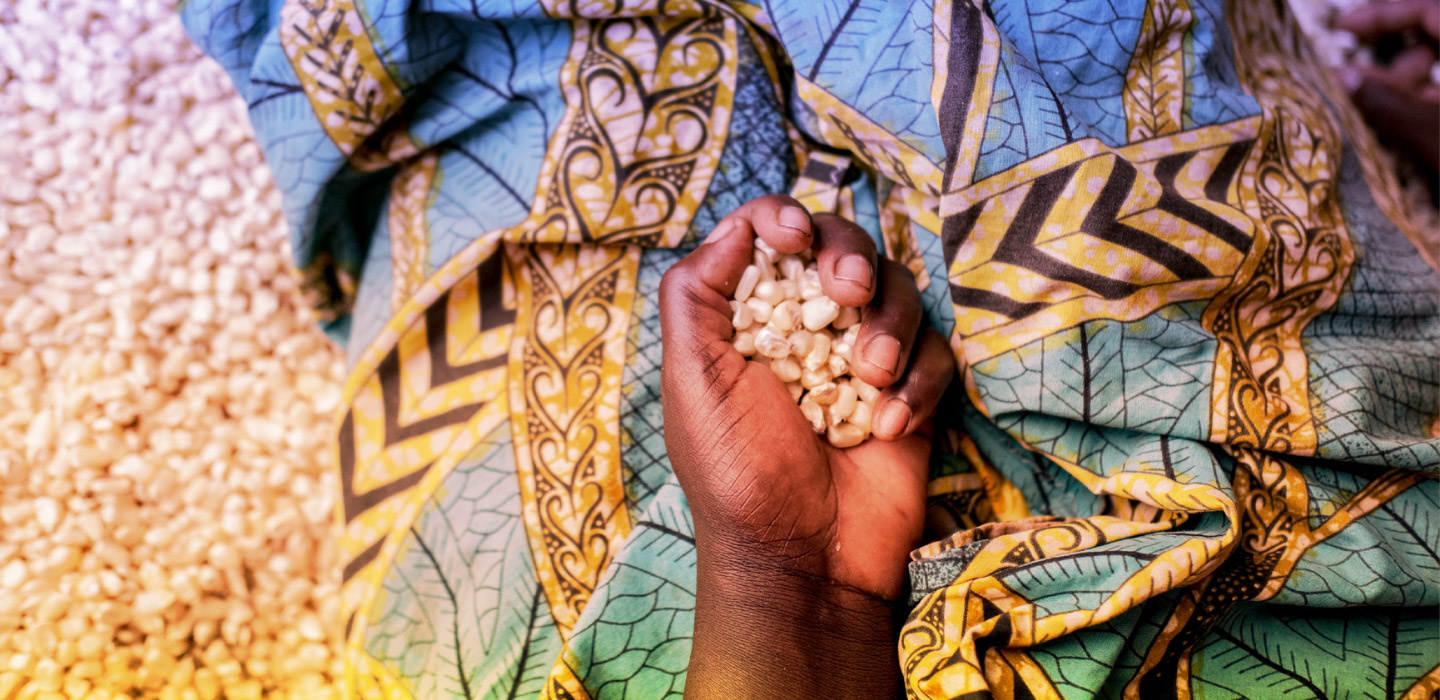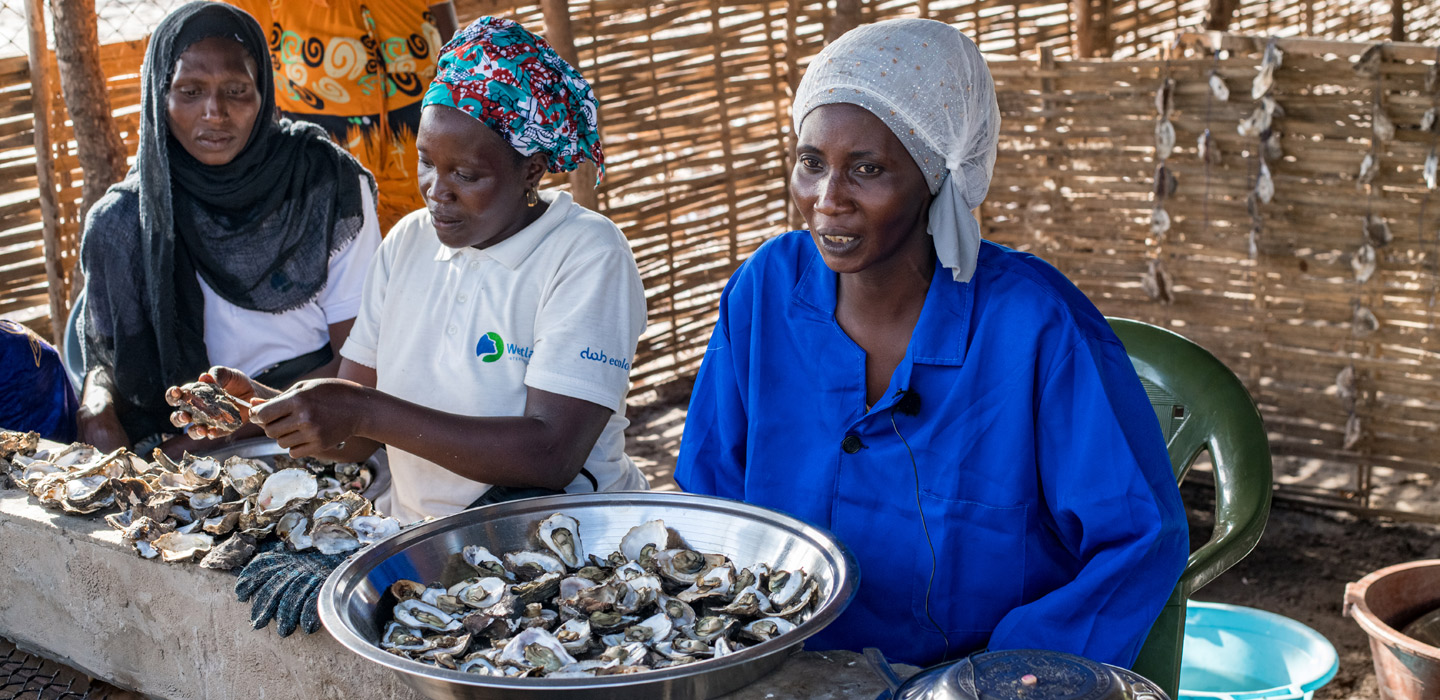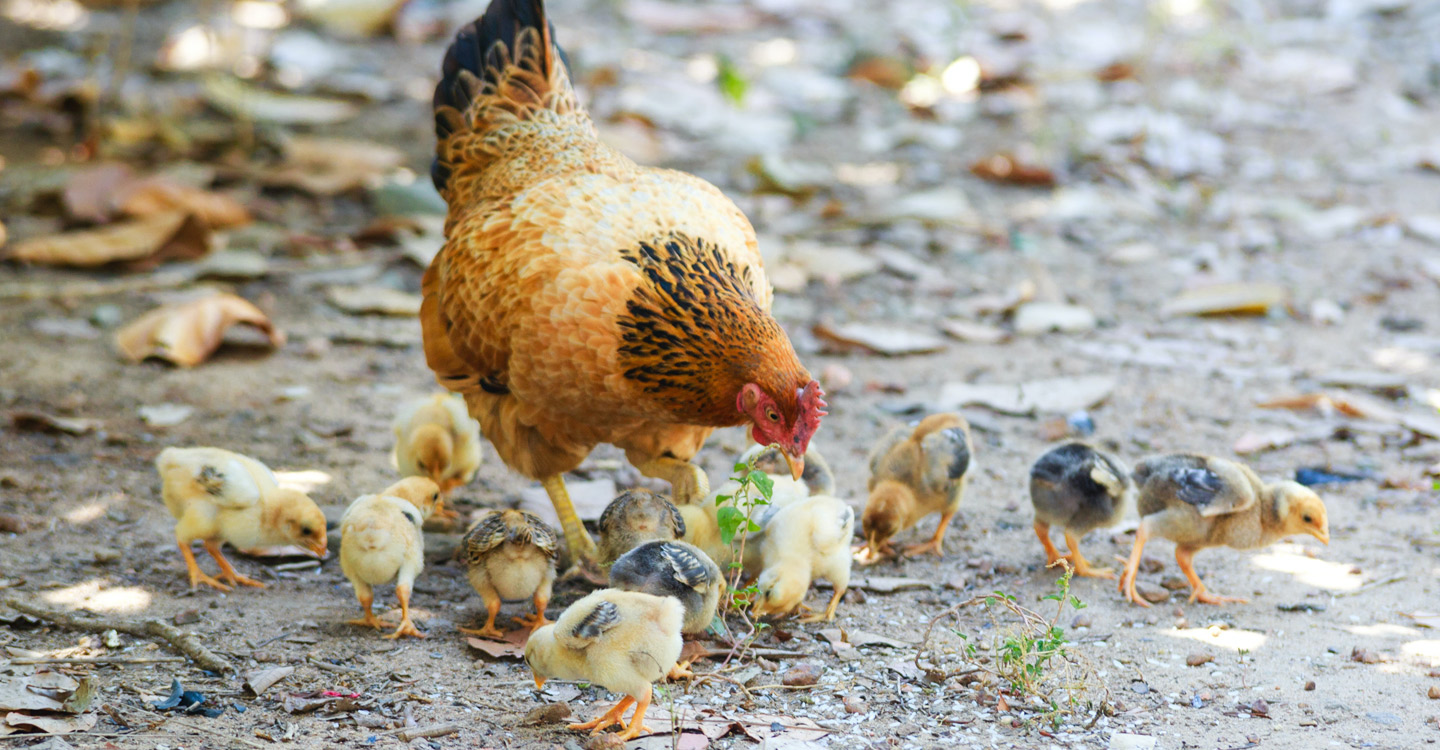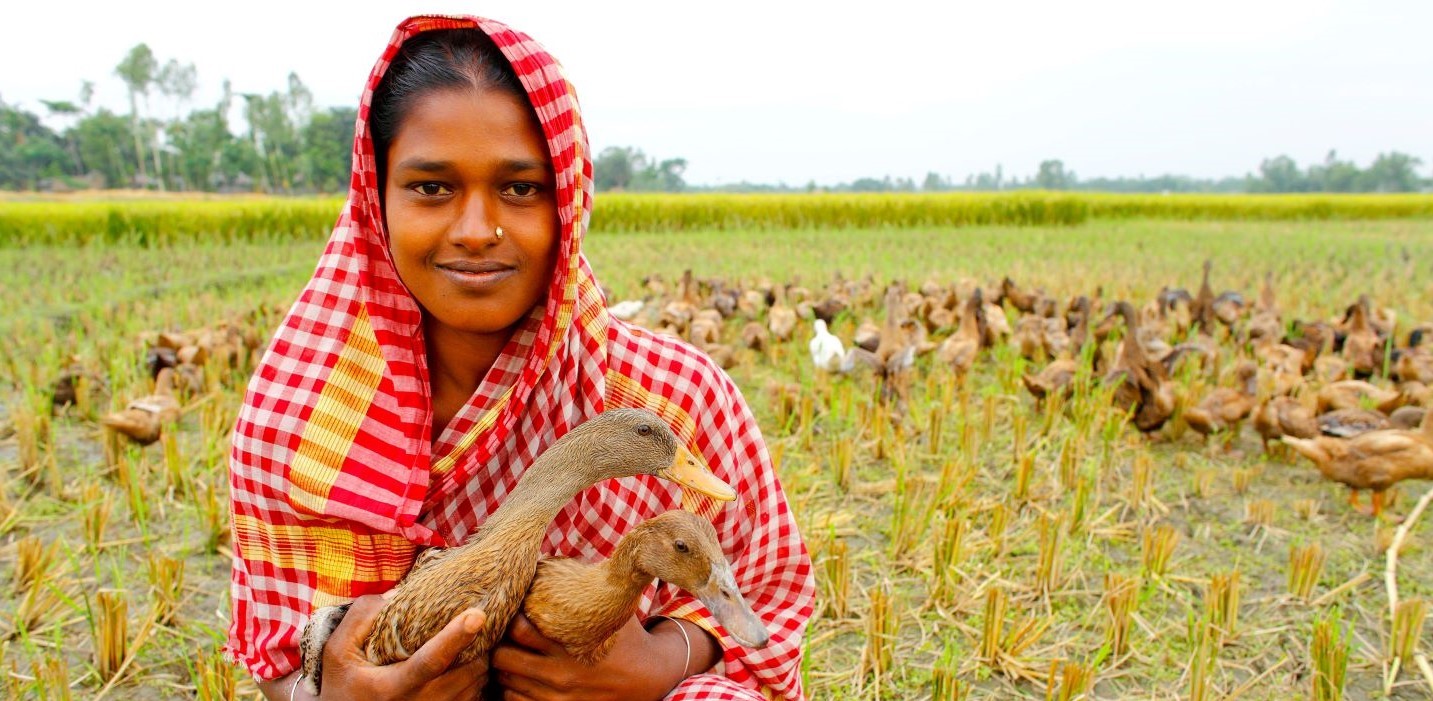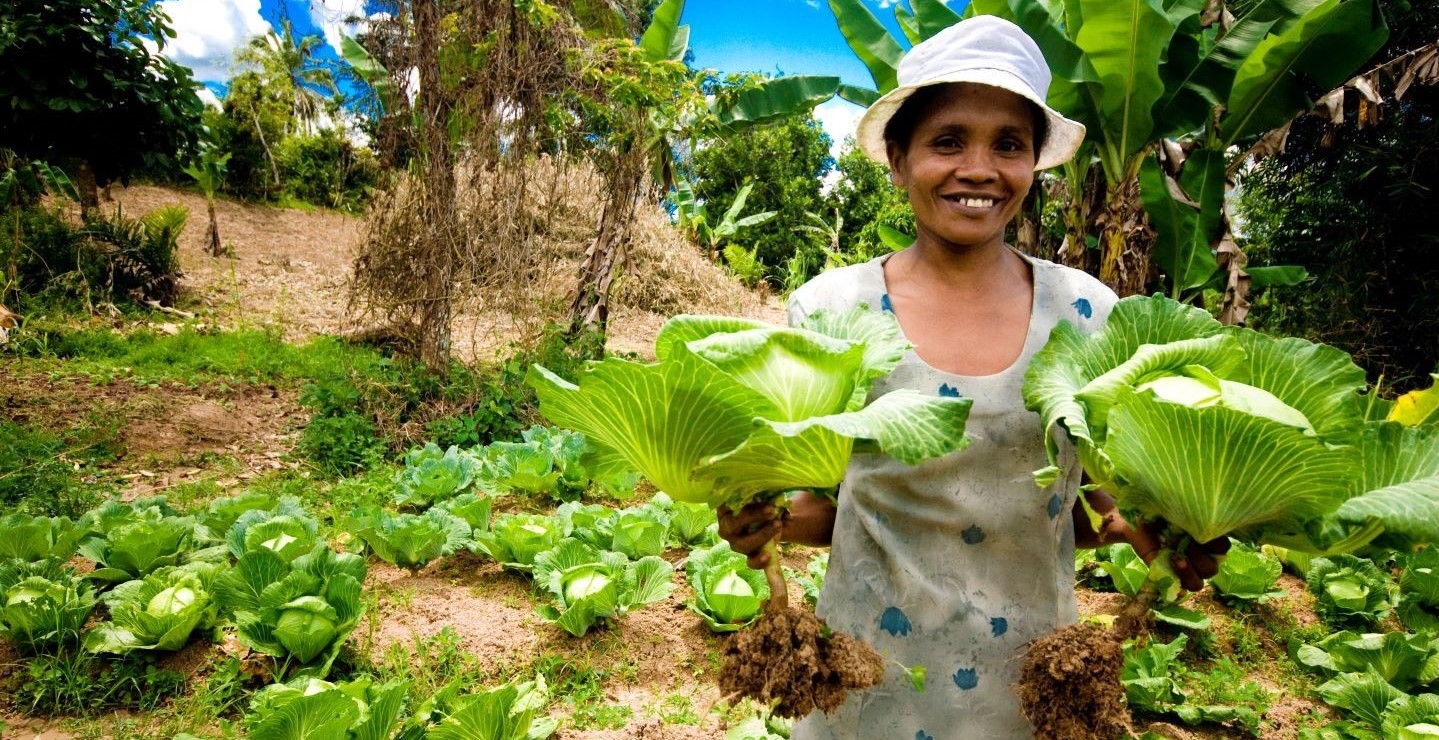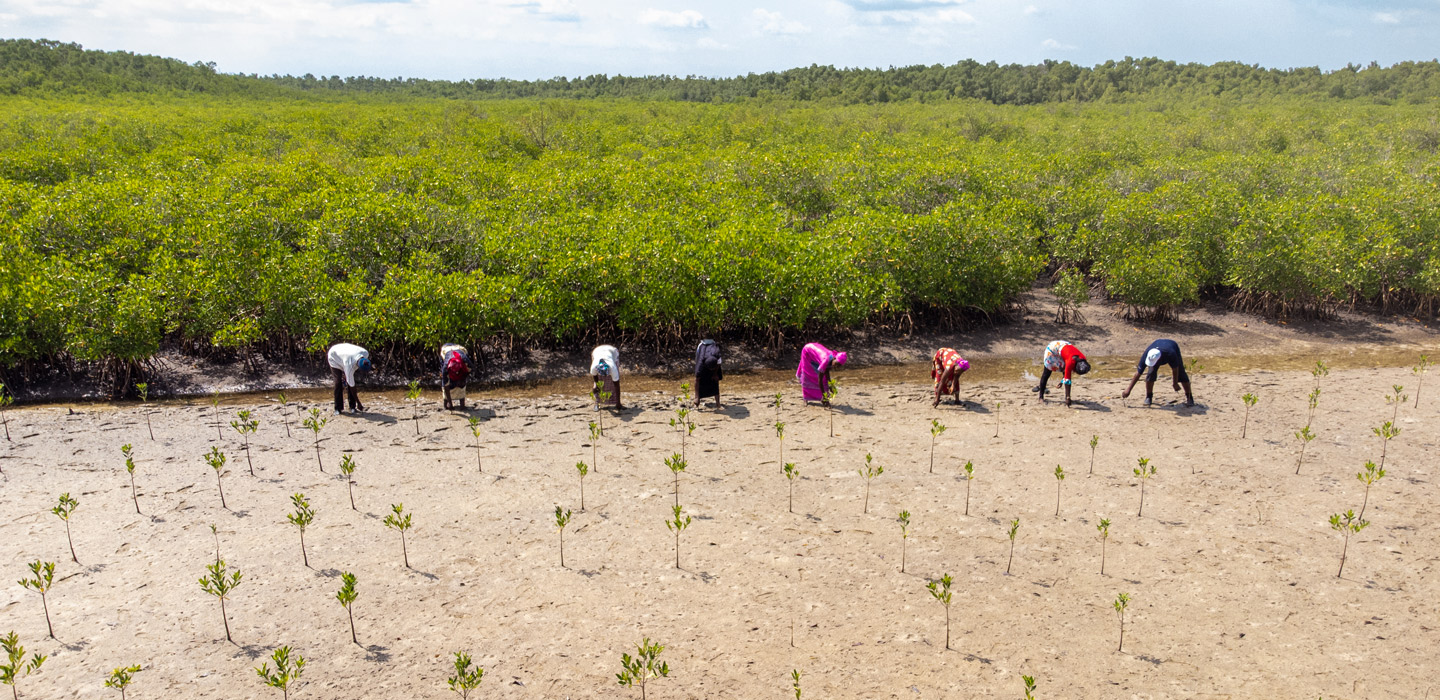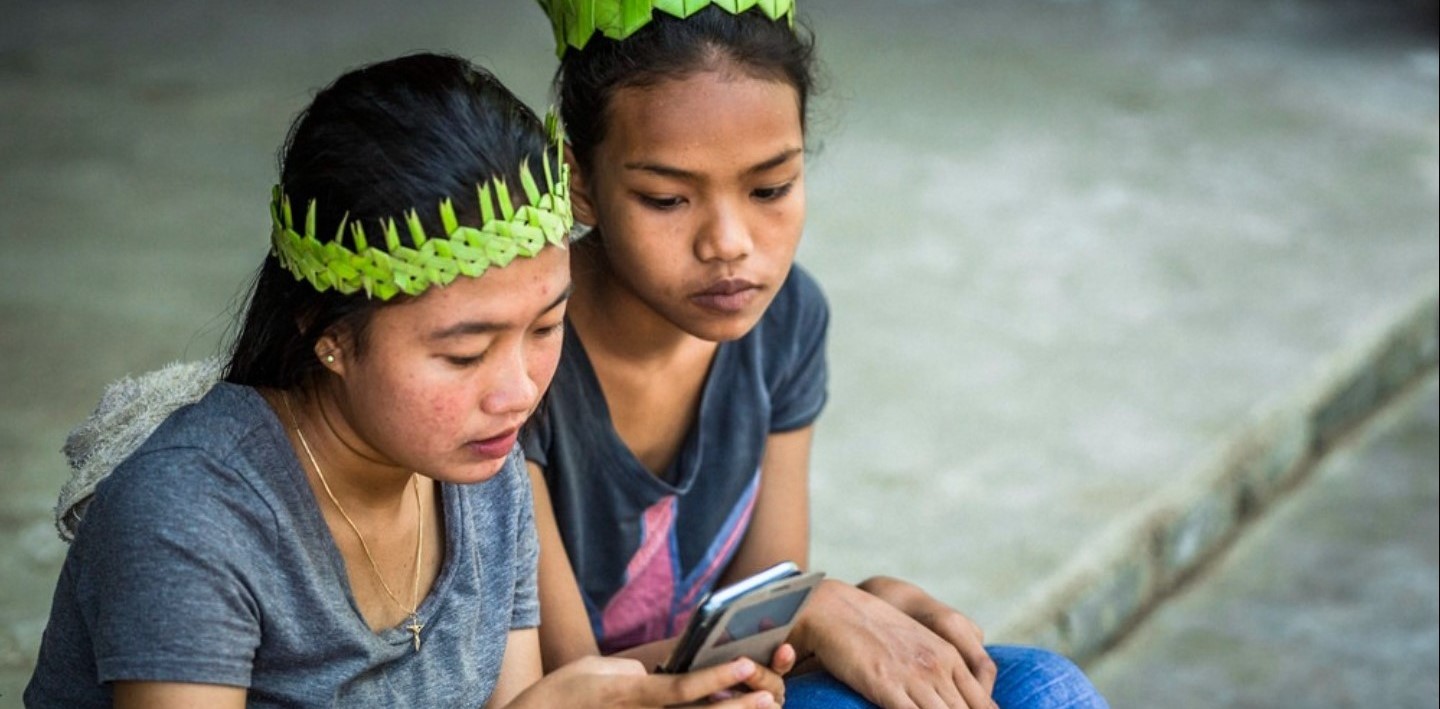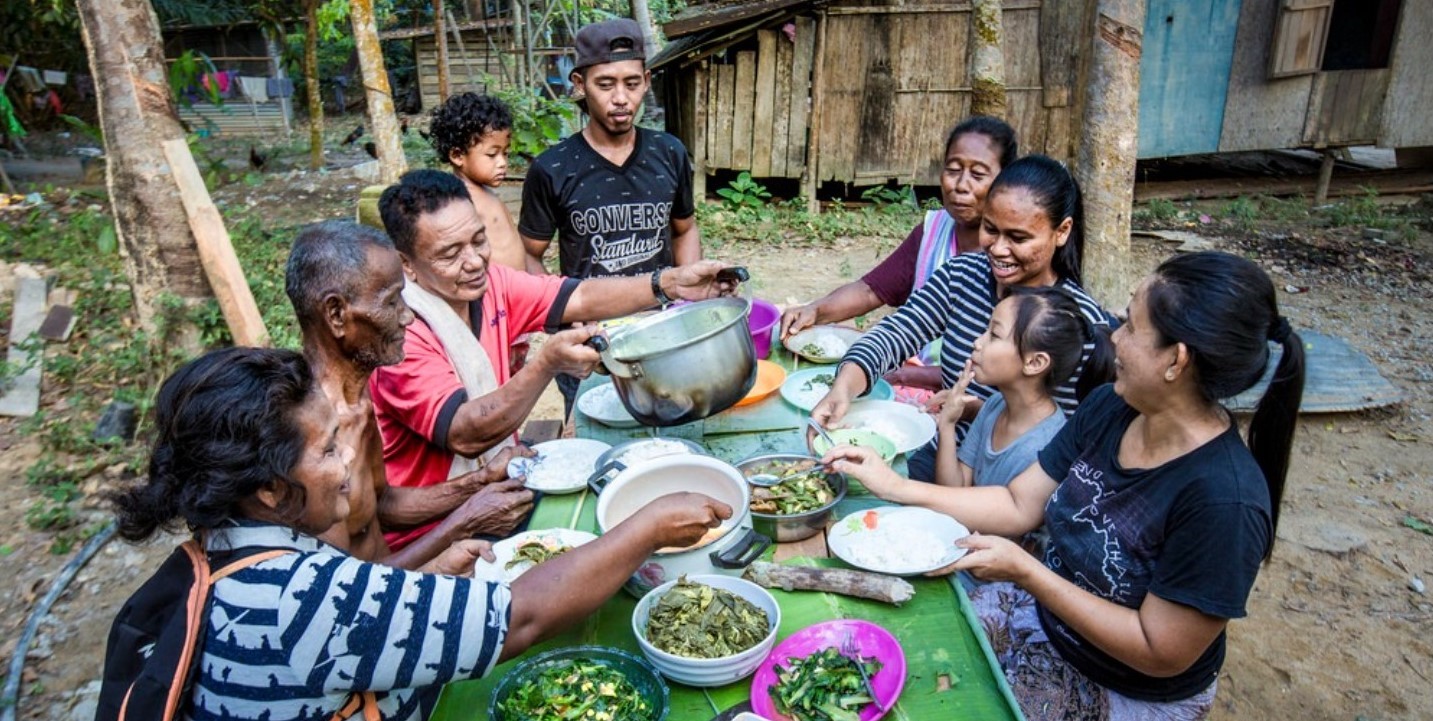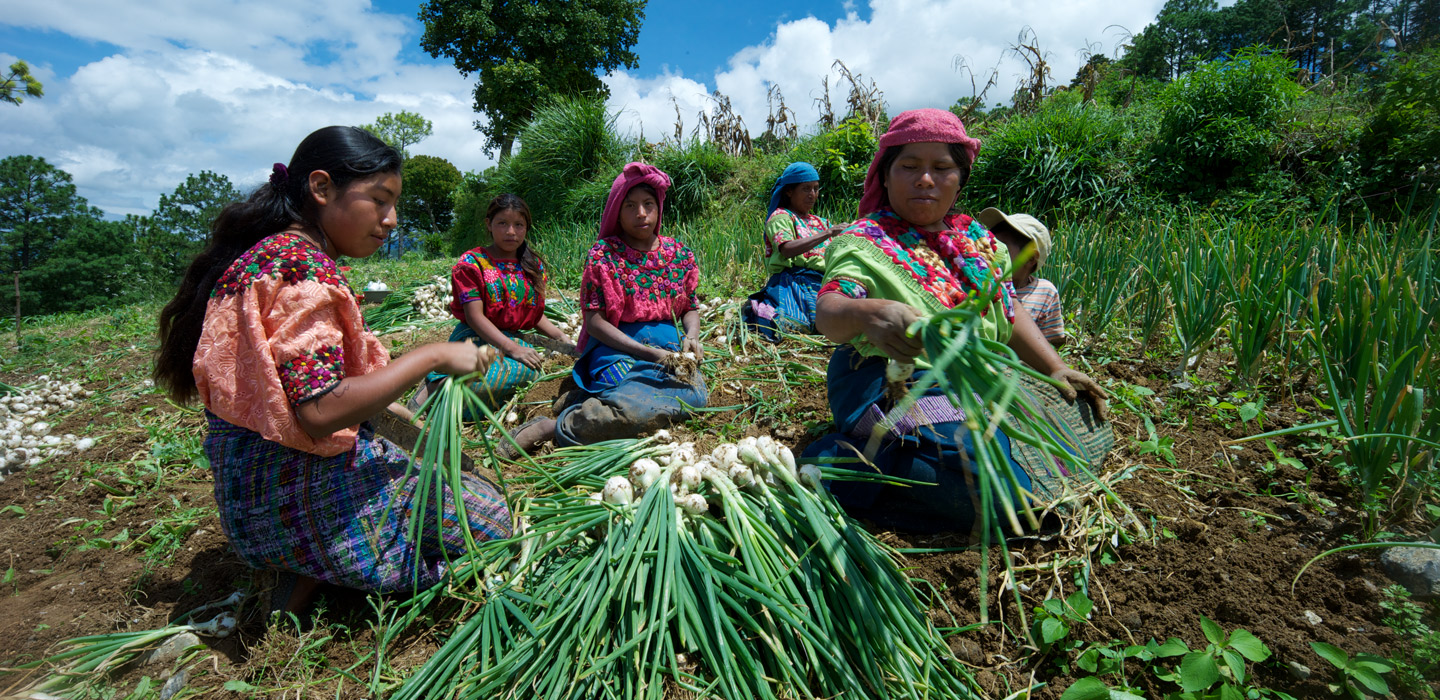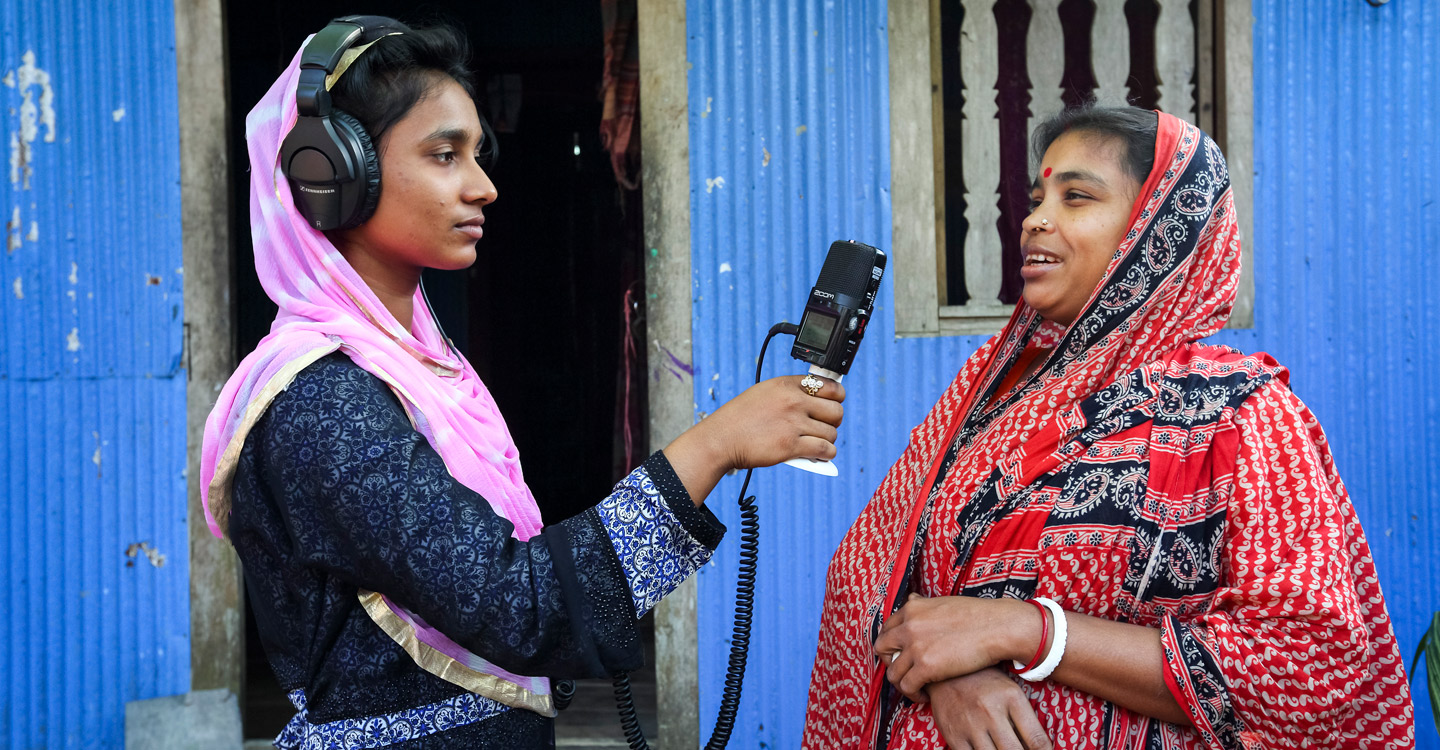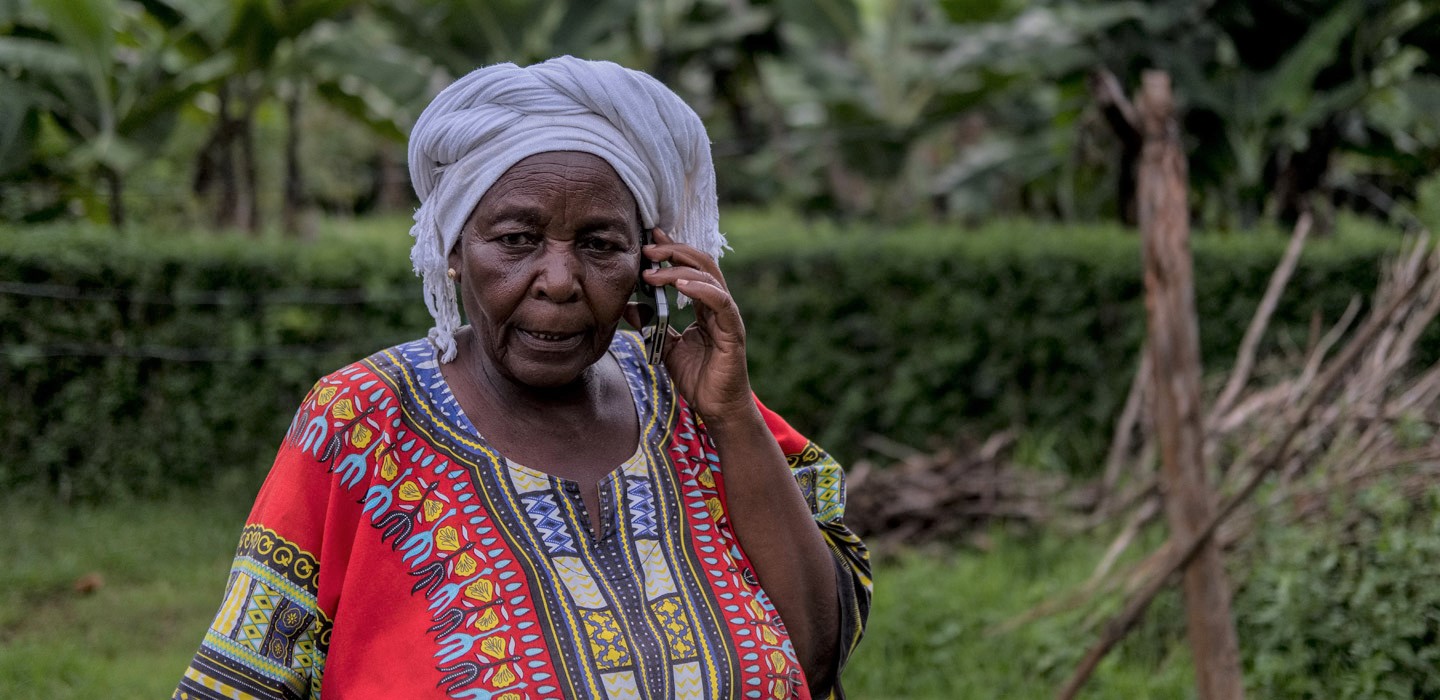Latest
Latest

Latest
Manual Submenu Topics
Search Results Filters
Search Results
Neglected and underutilized species are the key to nourishing the world
The natural world has a wealth of plants that can sustain human life, yet global food systems are dominated by just three: wheat, maize, and rice. These species provide 50 percent of the plant-based calories we eat and occupy 40 percent of the world’s arable land.
Farmers’ organizations responding quickly in times of crisis
Ever since COVID-19 first struck, first responders all over the world have stepped up to keep the essential sectors of our society functioning. While many busied themselves with securing global health and safety, others leapt into action to keep the world’s food production chains moving.
IFAD and Nepal mount post-COVID investment programme to build resilience of rural communities
IFAD and the Government of Nepal recently launched a six-year programme to improve the livelihoods, climate resilience and nutrition of 120,000 smallholder farmers across 28 districts in provinces 2, 3 and 5.
If we lose biodiversity, we will not address climate change or hunger, warns IFAD report ahead of UN biodiversity conference
If we continue to lose biodiversity, the world’s most vulnerable people will not be able to adapt to climate change nor sustainably produce food, according to a report released today by IFAD. The report also details the role that rural small-scale farmers play in protecting biodiversity.
Promoting youth employment in Grenada
Two of the most significant challenges Grenada faces are common ones for small island developing states: high levels of youth unemployment, currently over 40 per cent, and vulnerability of agricultural production to climate change and climate shocks.
The Gilani Umoja Youth Group reaps their rewards
The Gilani Umoja Youth Group was founded in 2017 as a way to create jobs for local youth and ensure a steady supply of cereals and other staple crops. Despite some struggles at first, their business is now a source of livelihoods for themselves and others in their community.
Meet the rural women helping Paraguay’s communities and food systems flourish
Ten years ago, in Paraguay’s Capiíbary district, a group of women came together to form an association of market-sellers. Today, with the support of an IFAD-financed project, they’re thriving – and their association is now integral to local food systems.
Tackling climate change: Saving Senegal's mangrove forests
Marianne Ndong and her colleagues make a living from raising and selling oysters in the village of Dassilamé Sérère, in Senegal’s Saloum Delta. Mangroves don’t just support marine life, like the oysters Marianne raises. They also form a protective barrier between land and sea.
Balancing Biodiversity with Agricultural Development – Episode 24
This month’s episode focuses on the upcoming UN Convention on Biological Diversity, set to take place in Kunming, China this October.
To transform our food systems we must reimagine how they are financed, says IFAD President
To transform our food systems to end global hunger and be sustainable in a changing world, we must first reimagine how they are financed, said the President of IFAD to world leaders attending the UN Food Systems Summit, which ends today.
Raising hope and opportunity in rural Tajikistan: Obidova’s story
Obidova is busy these days. Whether she’s setting up a new shelter for her birds or going to the markets to sell, her days are filled with taking care of her family and her poultry business. But just a year ago, things looked very different.
Preventing the next pandemic by integrating human, animal and environmental health
The COVID-19 pandemic has made it clearer than ever that human health is not just a matter of providing people with medical care. To avoid future pandemics, we need to recognize that the well-being of people, animals, plants and ecosystems must be addressed as a dynamic whole.
Re-imagining food systems through the climate–nutrition nexus
The food we eat plays a role in not just our health, but that of our descendants. How we grow, hunt, fish or gather it, how we process it and bring it to market, affects the world around us. These simple relationships are the foundation of the climate–nutrition nexus.
Small-scale farmers need decent wages - IFAD calls on world leaders to commit to action at Food Systems Summit
It is an outrage that rural small-scale farmers in developing countries, who grow a third of our global food, are paid a pittance for their work, said the President of IFAD who today asks world leaders attending the UN Food Systems Summit to take concrete actions to change this.
A glimpse into the Pacific food systems
Discover the specificities of food systems in the Pacific region, why they are particularly fragile, and the role of the island communities in protecting them.
Three ways IFAD can support digital agriculture in the Asia-Pacific region
Farmers and agribusinesses across the Asia-Pacific region are increasingly making use of new digital technologies. IFAD and Grow Asia have recently released a report exploring how these technologies are reshaping the region’s agriculture and how IFAD’s investments can accelerate the adoption of these technologies.
IFAD’s Rural Development Report 2021
Our food systems are failing us. From the climate, to the environment, to nutrition, to human health and well-being, they are not delivering the outcomes we all need. IFAD’s Rural Development Report 2021 describes the systemic issues that have led to the situation we are in, identifies priorities for transforming our food systems, and provides recommended actions to achieve meaningful change.
Global food systems must be disrupted and changed – new IFAD report recommends concrete actions for policymakers
Transforming global food systems to become more inclusive, fair and sustainable may seem an insurmountable challenge, yet there are concrete actions policymakers can take, according to a new report released by IFAD today.
Amplifying rural needs and voices: A conversation with Helene Papper
It’s clearer than ever before: to address global crises, the communities who implement solutions must be involved, their voices heard, their knowledge included. But how do we bring forward voices from the world’s most remote areas?
African small-scale farmers use radio and mobile phones to send a message of optimism and caution to world leaders attending Food Systems Summit
Small-scale farmers in sub-Saharan Africa are impacted disproportionately by climate change, poverty and undernutrition, yet a report released today shows many remain optimistic about the future of farming.
